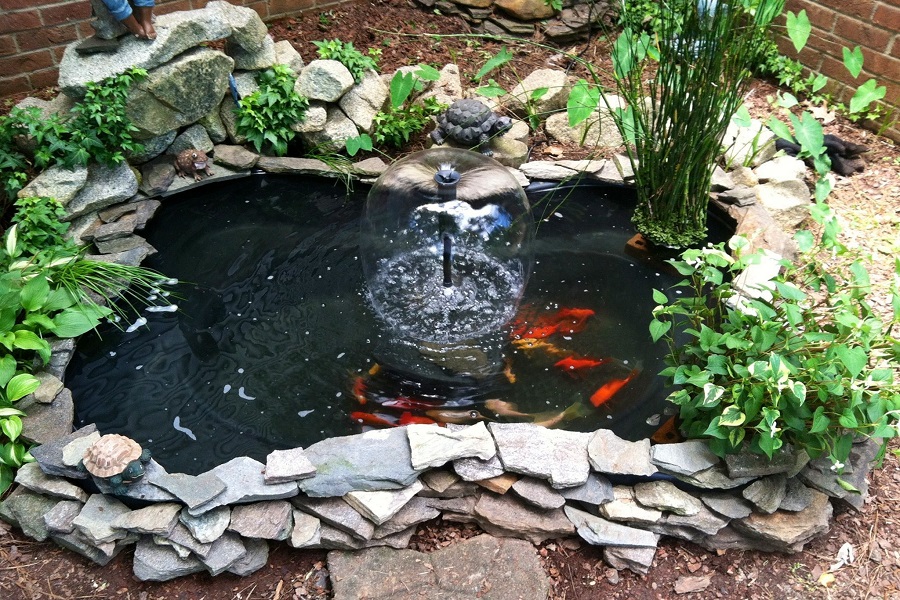
Enzyme therapy is an excellent way to improve your pond. Enzymes help regulate metabolic processes, speed up the decomposition of dead algae, and reduce sludge.
Beneficial bacteria in ponds improve fish health
Beneficial bacteria in ponds enhance the health of fish and the water they live in. These bacteria can help control organic matter produced by fish. However, they cannot remove color pollutants or heavier organic compounds. They will also not address green or dirty water caused by algae, but they can help you increase the water’s clarity.
In addition to promoting fish health, beneficial bacteria in ponds also maintain a balanced ecosystem for the fish and the pond. These bacteria help maintain a clean environment, improve water quality, reduce nutrient levels, and produce biopolymers that clarify the water. These bacteria also minimize hydrogen sulfide and noxious odors. The result is cleaner water and happier fish.
Most beneficial bacteria in ponds live in the central filtration system. The biological filter media used is designed for the maximum surface area so that most bacteria can thrive. It is a good idea to add new beneficial bacteria to your pond to increase the population of these beneficial bacteria. This will reduce the cleaning and maintenance required and boost bacterial counts.
They reduce sludge
Enzyme therapy for ponds is a natural process in which beneficial bacteria and enzymes are introduced into the pond. These organisms consume sludge over time and do not harm the fish or wildlife. These treatments typically take up to two weeks to produce optimal results. They are most effective when the pond is not overly eutrophic or has low oxygen.
Enzyme therapy can reduce sludge. Enzymes can break down non-dissolved organic nitrogen. They can be added to a pond after a heavy water change or a new filter. These enzymes are non-toxic to fish and should be added year-round.
When introduced to a pond, enzymes help decompose dead algae. This helps to reduce the ammonia content, which is harmful to fish. Enzyme therapy also supports green organic matter’s growth, reducing sludge.
They are easy to use
Enzyme therapy for ponds is an excellent solution to several pond problems. Enzymes break down organic contaminants, emulsify them, and can be easily administered to your pond. These enzymes are safe for ponds and do not have a strong or unpleasant smell. They can also be used as an antidote for cyanide if it occurs in your pond.
It will bind phosphates and other organic debris to improve pond water quality. It will also help reestablish a healthy aquatic ecosystem. Revive is safe for plants and won’t harm fish or birds.
The product you select should be EPA registered, so you can be sure it is safe for you and the animals in your pond. Many EPA-registered enzymes are easy to use, but you must follow the instructions on the label carefully. Also, use enzyme therapy for ponds only during the daytime. If you don’t want to use an enzyme treatment, consider purchasing …
Read More